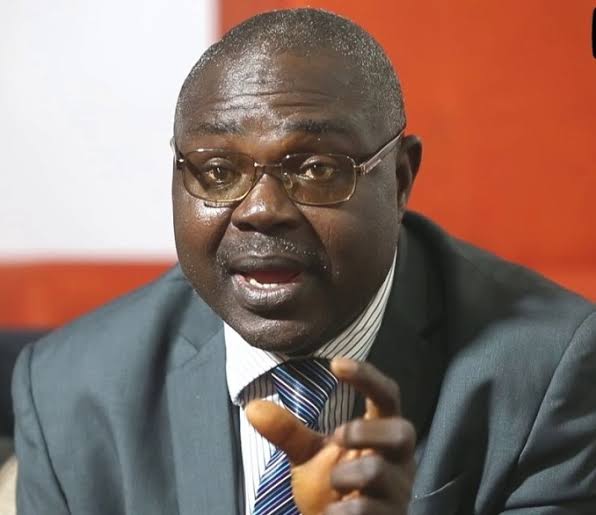My present enterprise is to mourn a departed comrade. Odumakin’s mortal passage is sad in the context of the prevailing times. I mourn him on account of his conviction and commitment to the emancipation of the oppressed in our country. His exit is painful given the dwindling tribe of the left-wing radicals in our country, and the seeming triumph of neoliberal catechists who are mainstreaming anti-human economic policies deepening the immiseration of our people.
However, it is important to note that we both belonged to a generation of radical students of the 1980s and 1990s with a worldview that located the problems of our country within the global political economy under the control of imperialism and their local collaborators. Therefore, we sought to change things within that global and local dynamics. To be sure, we dreamt of a great country to lead the black race out of underdevelopment, and a haven of freedom for all. We were committed to these ideals, and have not retreated.
In the line of duty, we confronted the military when the country was under the jackboots of the men on the horseback. It was a battle that claimed the lives of many of our comrades that ushered in the prevailing democratic status quo with all its limitations.

Despite our struggles and resilience, it is sad that we have not arrived at the democratic destination, which Nnamdi Azikiwe asserted as the desired goal of all humanity. Today, Nigeria is an elusive entity completely undermined by backward and feudal elite under the control of a state-nation with the least claim to indigeneity in Nigeria. The output of the control of the levers of power by these elite has been devastating for the peoples of Nigeria.
They have engendered killings of innocent people in ways that have cheapened lives in our environment. Other social vices engendered by this set are kidnapping, raping, and destruction of the livelihood of indigenous communities in Nigeria. This is the objective reality into which Yinka inserted himself.
To deal with the Frankenstein monster that the ruling clique is, Yinka realised that the unity of the tripod, namely, the West, East, and Middle-belt was inevitable. He applied himself to building this tripod. The tripod remains the key to dismantling the “Lugardian architecture” that has become the scourge of the peoples of Nigeria, undermining development endeavours and truncating the dreams of people desirous of liberty. In this regard, Yinka traversed the landscape of this country to actualise the unity required to free our country from internal colonisation to the detriment of his well-being.
It is to be noted that Yinka faced formidable opponents in his Western base with plenteous modern Afonjas, many of whom want to ride on the blood of Nigerians to power. Yinka matched them in propaganda and action. Through these exploits, Yinka emerged as a protagonist of self-determination for oppressed nations and nationalities in Nigeria.
The plurality of Nigeria is such that it must be federalised, and when that becomes impossible, the peoples of Nigeria can express themselves as independent entities, in other words, as new sovereignties without the hindrance and meddlesomeness of imperial entities or internal colonisers. Nations or countries are not permanent entities, historically they transform. The slogan that Nigeria’s unity is not negotiable belongs to the illusionists, playing ostrich on account of the ephemeral gains of the moment. Yinka knew this as some of us do and earnestly desire a meaningful change to unleash the creative potentials of our peoples. This is a battle that must be fought and won by every means necessary.
Yinka, who is on the ethereal divide, will regale in bounteous joy if we continue his fight. As Che Guevara once said: “I do not care if I fall as long as someone else picks up my gun and keeps shooting”. Adieu, comrade!
• Akhaine is a Professor of Political Science at the Lagos State University.